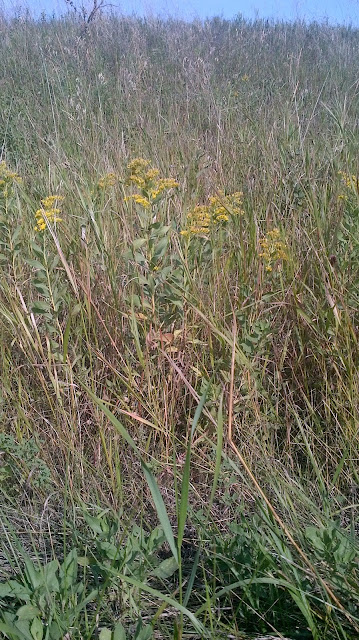Nostalgia, regret and the memory of meadows
As Jesus made his long journey down to
Jerusalem, anticipating there the final clash of worlds, I wonder if
he brooded nostalgically over the pungent smell of sandalwood, the
heft of a hammer in his hand, the vision of his father bent over a
block of sycamore planing it to a smooth, aromatic finish. Did he
long to feel again the warmth of his mother's hand on his forehead,
her quiet movements around the house as she prepared the evening
meal?
As he lay awake at night, did he long
for the countryside of his youth, the hills and valleys around
Nazareth where he spent long summer days of discovery with friends,
the beach days skipping stones on the sparkling surface of the Sea of
Galilee?
For what was Jesus nostalgic, what did
he long to retrieve when he cried out in agony in Gethsemane, “Abba,
Father, everything is possible for you. Take
this cup from me.”
It comes as no surprise that age longs
for youth, that the river imagines brilliant, sparkling mountain
freshets just before it merges into the massive, faceless ocean. “
. . . knowing how way leads on to way, I doubted if I should ever
come back,” is Robert Frost's way of naming what is every human's
dilemma: roads have forks; choosing one rejects the other. Jesus
wishing in the moment of greatest agony that he had chosen to be a
carpenter instead of an itinerant teacher and rabbi.
There is a place where the nostalgia
for times and places past crosses the line into regret. A place where
fond memory morphs into bitterness. “I took the wrong fork”
consciousness. And that is a tragedy all on its own. Years spent
languishing in the house of regret are wasted years. Bitterness
shrivels the soul like a plant without water draws down into itself
under the noonday sun, fades and dies.
For some, it would be easy to jump in
at this point with cliched solutions to the problem of regret, of
bitterness at things gone wrong and opportunity missed. To assert
that, “Yes, but Jesus ended his prayer for relief with
'nevertheless, thy will be done,'” or to say as some do to the
clinically depressed, “Just snap out of it,” isn't helpful.
Regret and bitterness are not choices
at any age; they're more like a sinking into quicksand.
As I wander through the local nursing
home, the drawn, blank faces of some residents contrast sharply with
the buoyant, lively demeanour of others. Setting aside for the moment
the obvious probability that clinical depression doesn't disappear
when one turns 75, or that serious tragedy may well mark the decline
of some, my mind turns to the actions of others that would brighten
the lives of those who can't help themselves. One conclusion I've
reached is that nothing brings on bitterness like abandonment, and
how easy it is to neglect mom when the home is “catering for her
every need.”
Not by a long shot!
(A centenarian was asked what he would
wish for given the opportunity. “I'd love to be 80 again,” he
said.)
At one time in my life, I was away
from my native surroundings for three straight years. I longed for
home, for the blue, blue skies of Saskatchewan, the smells of prairie
autumn, the wide, wide spaces and the pastures of my youth, cows feet
clicking on the pathway along the creek. What was I doing in
Germany?
It's ironic, but such nostalgia only
happens when we find ourselves in faraway places, physically or emotionally.
In any case, the lost worlds for which
we pine likely no longer exist. The pastures have been ploughed down, the
houses in which we were born have been bulldozed and the smell in the
air is the aroma of concentrations of manure on corporate
mega-farms—mixed with industrial effluent.
“Yet knowing how way leads on to
way, I doubted if I should ever come back.”
“You can't go home again,” someone
has said. “Better do the best you can with the choices that placed
you where you are,” he might have added.
This is not the best way, turns out. Unfortunately, it's the only way.




Comments
Post a Comment